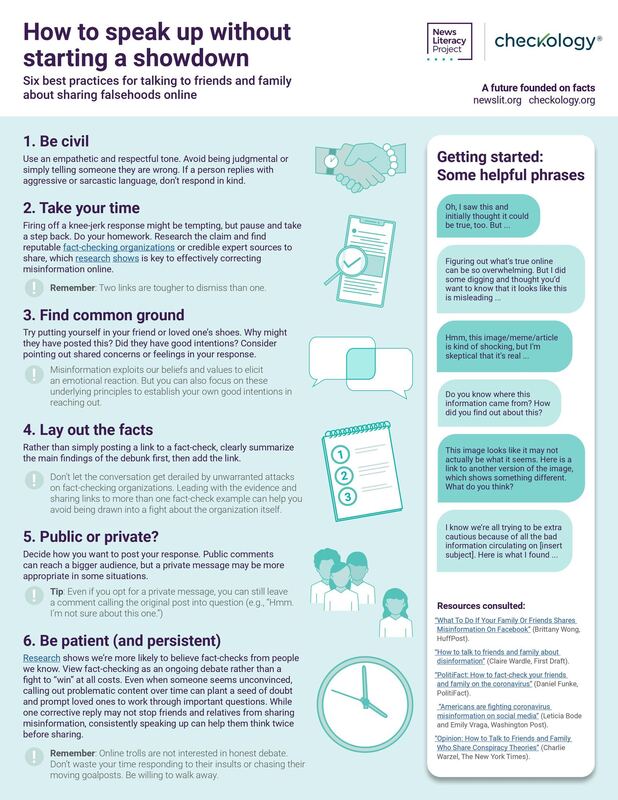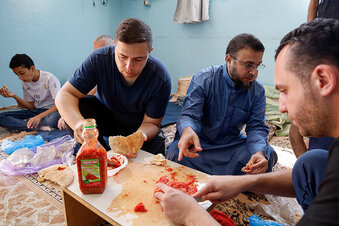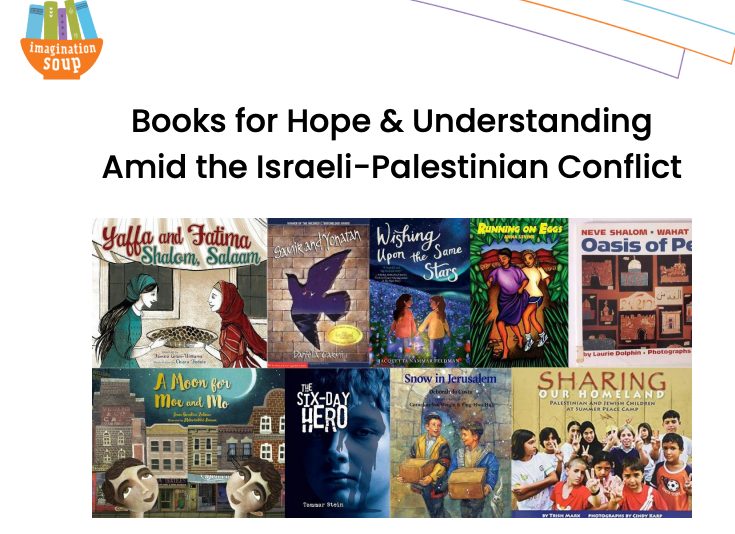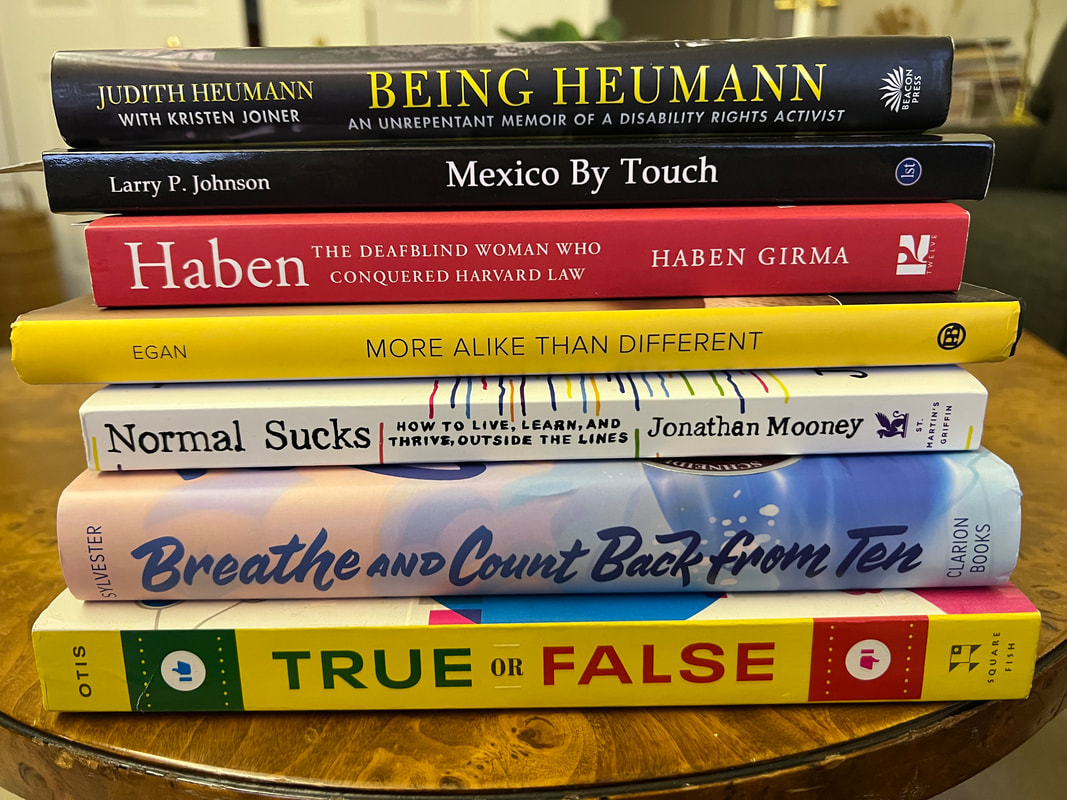 It can be both challenging and rewarding to bring current events into the classroom or around the dinner table. That is perhaps especially true now, when tragic scenes from Gaza and Israel are on television everyday and a class may include children on both sides whose direct family members are affected. There are books and resources to help and guide us all. This may be a perfect time to talk about news literacy – how to tell if what you see and read is accurate and true. The News Literacy Project is filled with downloadable resources, free webinars and checklists to identify misinformation, vet a news source, or learn to speak up without starting a showdown. US-based advocacy groups are reporting startling increases in hate crimes and hate speech, against Jews, Arabs and Muslims. Interestingly, “semitic” actually refers to people who speak a family of languages including both Hebrew and Arabic, but during the nineteenth century antisemitism became linked to specifically to anti-Jewish campaigns. The Southern Poverty Law Center’s Learning for Justice project offers articles and publications about anti-bias education. Unity Productions Foundation has created multiple films about Islamic history and culture, lesson plans, as well as a short film American Muslims: Fact and Fiction. Islamic Networks Group (ING) has teaching resources for shared values among faiths, anti-bullying and racism. ING also offers educational presentations for schools and communities. ADL offers resources to address and challenge antisemitism. Teaching for Change offers anti-bias resources for young children, helping youngsters respect differences and act against bias and unfairness. Melissa Taylor writes a book blog called Imagination Soup, in which she offers “Books for Hope amid the Israeli-Palestinian conflict” to help young readers envision pathways toward peace. Some of these books feature friendships between a Muslim and a Jewish child.  People eat at the home of Ibrahim Alagha, who sheltered 90 people in his home in the southern Gaza Strip. Christian Science Monitor People eat at the home of Ibrahim Alagha, who sheltered 90 people in his home in the southern Gaza Strip. Christian Science Monitor That is also the theme of young adult organizations like New Story Leadership and Standing Together, both offering opportunities for young Jewish and Palestinian leaders to learn and work together, as well as resources and possible speakers. I would also encourage you to look for articles and publications that are now often called “solutions journalism,” offering actual solutions or at least resilience and collaborative responses to problems and crises. A perfect example is the Christian Science Monitor’s November 6 issue, featuring one article on Palestinians turning to each other with food and shelter scarce in Gaza and the next page on an army of “can do” volunteers filling needs in Israel. Finally, I am eager to let you know about a virtual class I am teaching in February – March 2024 through Politics and Prose, one of our great independent bookstores in Washington, D.C. “Life from a Different Perspective” will explore seven books by authors with disabilities. The authors will be online with us as we discuss their challenges, their books and the ways we can all work toward a truly inclusive society. Details and registration here. Please add other resources or links in the comments.
|
Karen Leggett AbourayaArchives
April 2024
Categories |
BOOKS |
RESOURCESLibraries Around The World
For Young Writers For Educators and Librarians Contact karen@handsaroundthelibrary.com |
© COPYRIGHT 2020. ALL RIGHTS RESERVED.
|



